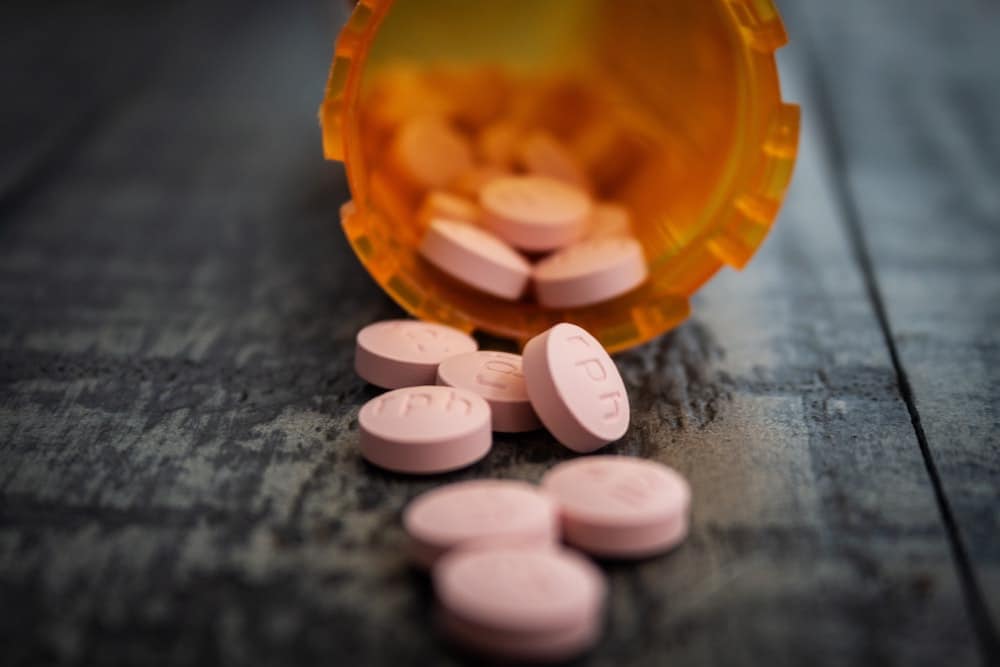When taking medicine, it’s important to consider how our lifestyle may impact and interfere with the medications prescribed. Taking prescription medicine means more than simply following the directions on the bottle, and understanding that we need to be especially careful about what we consume and do while recovering.
While alcohol is generally safe to consume in moderation, there may be a risk in doing so while taking some prescription medicines. Becoming aware of the risks and avoiding dangerous combinations is essential, and you should be particularly careful of mixing alcohol with these three common prescription medications.
Pain Medications
Following an injury or serious medical procedure, often doctors prescribe medication to help mitigate the discomfort and manage pain. The most common forms are classified as opioids, which are extremely effective at pain relief.
However, these medications are particularly dangerous to mix with alcohol, as they amplify effects such as dizziness, disorientation, slowed breathing, and in large quantities, can even lead to death. Be on the lookout for the following types of opioids, and when prescribed, it is best to abstain from any alcohol consumption until you are fully recovered and the medication has cleared your system. Some examples include:
- Oxycodone
- Hydrocodone
- Codeine
- Morphine
If you ever have questions or concerns about what is safe to consume while taking prescription medication, then contact us at Community Pharmacy. Our trained team of professionals will be happy to help explain what is and is not safe for your particular situation.
Benzodiazepines
Benzodiazepines may be prescribed to help combat seizures or panic attacks, as they essentially tell the brain and the rest of the body to slow down. However, they can be habit-forming , and their usage should be limited to small quantities for a short time while the body recovers and requires external medical support.
As alcohol is a depressant, this makes for a dangerous combination with drowsiness-inducing Benzonadiazepines. These medicines act on the same receptors as alcohol and using them in combination should be avoided. Some medications in this class include:
- Clonazepam (Klonopin™)
- Alprazolam (Xanax™)
- Lorazepam (Ativan™)
- Diazepam (Valium™)
Drinking alcohol while consuming this medication is potentially harmful as it can lead to amplified feelings of sluggishness, loss of inhibitions, and ultimately can delay the healing timetable.
Antibiotic: Flagyl (metronidazole)
When infections, bacteria, or parasites take hold within the body, antibiotics like Flagyl are often prescribed to deal with the issue.
Even in an otherwise healthy body, alcohol consumption can irritate the stomach, induce nausea, and cause other digestive issues. However, when alcohol is consumed with metronidazole, patients will experience extreme stomach upset and projectile vomiting.
It is important to consider even small amounts of alcohol that may be present in mouthwash or other foods that are consumed. Any amount of alcohol combined with this medication can result in negative consequences.
Recovering from illness sometimes simply requires time and patience while the body heals. During this time, it’s pivotal to give the body proper support and nutrition—but equally so—to not introduce any volatile substance like alcohol that can set progress back.
If you have been prescribed medication and are unsure if it’s safe to consume alcohol, or any other medication or substance, it’s best to play it safe while your body is vulnerable. For further assurance, contact us at Community Pharmacy, and we will be happy to share all the information possible to help guide you in the right direction.

